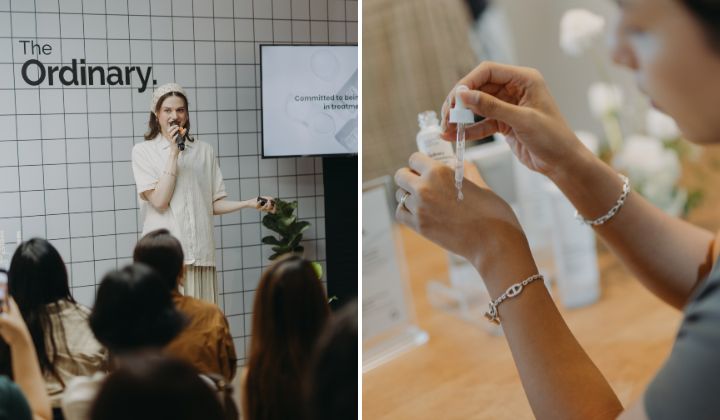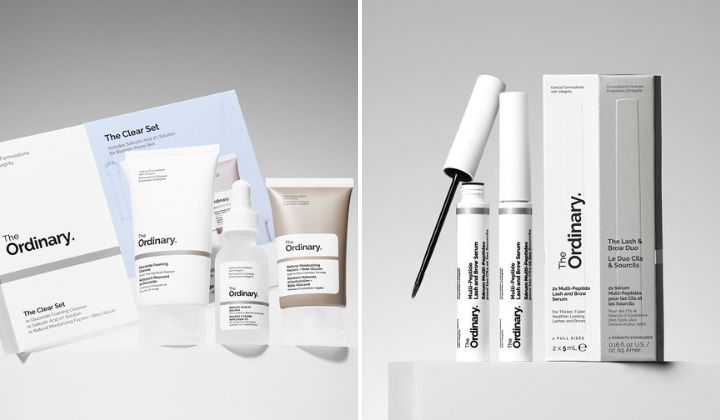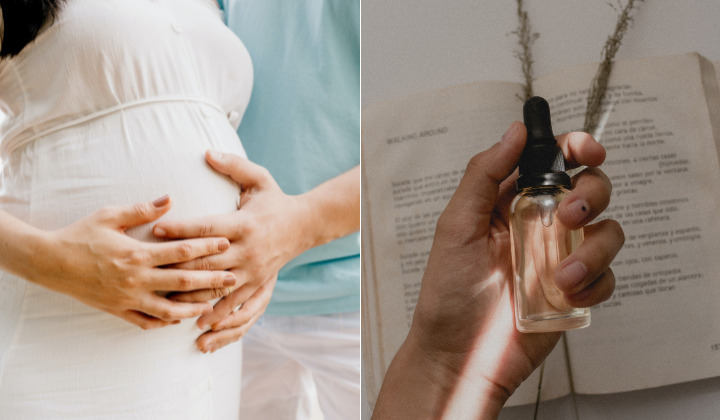Dry Or Dehydrated Skin? No, They’re Not The Same
Skin dryness is classified more as a skin type, whereas skin dehydration is more of a skin state.
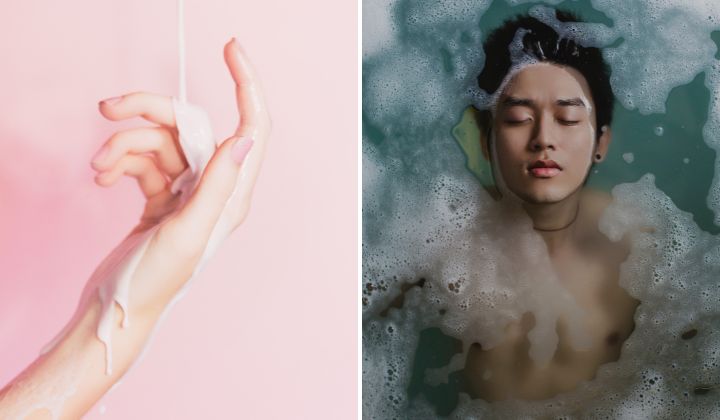
Subscribe to our Telegram channel for the latest stories and updates.
Our skin goes through a lot over the years. Ageing, sun exposure, or just a general lack of knowledge on proper skincare really takes a toll on our skin.
At some point, we’ve probably tried figuring out our skin types and bought certain products that we thought would benefit our skin, and sometimes they do work but there are times when we’ve seen no effect.
There’s actually a huge difference between skin types and specific skin concerns that really requires you to go more than skin-deep.
One common misconception revolves around skin dryness, which is not quite as simple as just a lack of water. Skin dryness is classified more as a skin type, whereas skin dehydration is more of a skin state which results from external factors, and they both require different approaches to care.
The pinch test
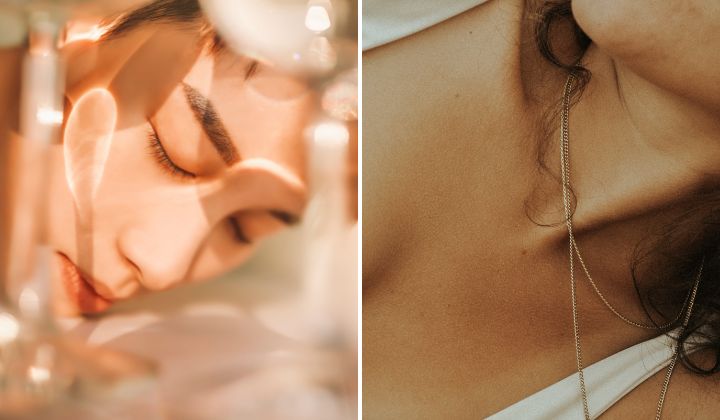
To put it in simple terms, dry skin is caused by a lack of sebum or oil and can leave skin feeling tight and flaky, while dehydrated skin is caused by a lack of water and leaves skin feeling dull.
An easy way to find out if you have dry or dehydrated skin is by pinching a small section of your skin. If there’s dehydration, your skin will take longer to return to its normal state.
Dry skin, like oily, combination, or normal skin, is a skin type. As a result, the face or body may have fewer oil glands, which could suggest that the glands aren’t producing enough oil or less sebum. It consequently compromises the skin barrier’s capacity to keep out invaders and retain moisture.
Dehydrated skin is connected to water and the lack of it in the skin. One of the main distinctions is that while dehydration is tied to moisture and is frequently brought on by environmental factors including weather, environment, nutrition, and diuretics like caffeine and alcohol, it can truly impact any skin type. Hydration is one of the key ingredients for youthful, supple skin, as dry skin can occasionally lead to fine lines and wrinkles.
Hydrating vs Moisturising
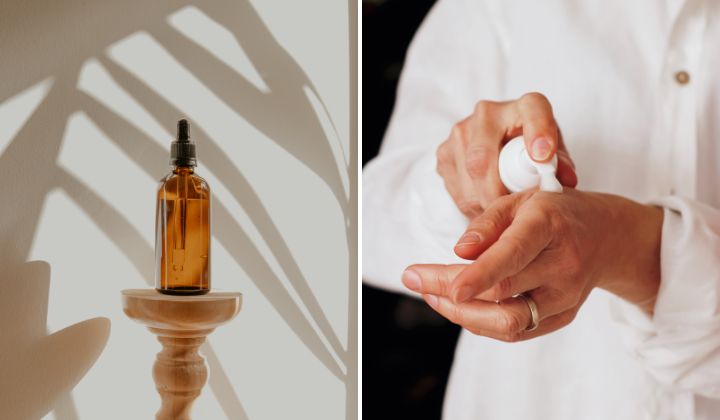
Similar to there being a fine line between dryness and dehydration, the definition of moisturising and hydrating can often get used interchangeably. Hydrators work to increase the water content of the skin to work with dehydrated skin. Moisturisers, on the other hand, help seal moisture into the skin and target dry skin.
In other words, the difference between “moisturising” and “hydrating” products really comes down to the ingredients inside the bottle.
A good moisturiser should contain ceramides, silicones like dimethicone, or occlusives, like petroleum jelly, lanolin, and seed or plant oils.
Ceramides are naturally occurring fats in the skin that help decrease dry skin and irritation, while silicones can act as lubricants, reducing friction and softening the skin. Occlusives help to provide a barrier on the surface of the skin, helping to seal in hydration.
A good hydrator should act as a humectant. This means that they work like magnets, pulling moisture from the deep layers of the skin and from the environment, and binding them in the outermost layer of the skin.
Look for ingredients that deliver water to the cells directly, like hyaluronic acid, propylene glycol, alpha hydroxy acids, urea, glycerin, and aloe.
What if my skin is dry and dehydrated?
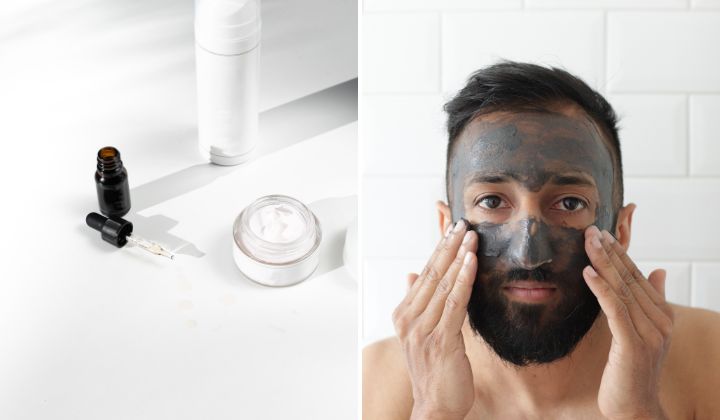
If your skin is both dry and dehydrated, you can use hydrating and moisturising products together. But the order you apply them matters.
Apply thinner, lighter-weight hydrating products first, such as hyaluronic acid serums, followed by thicker, heavier moisturisers to lock the hydration in. Otherwise, the thicker moisturiser will prevent the lighter product from being absorbed into the skin.
Using the right skin care regimen will ensure that your skin gets the TLC that it deserves. Picking out the right products for your skin will go a long way to maintain your skin health or prevent premature ageing.
Some other general skin care tips that will help you maintain good skin health include drinking an adequate amount of water each day, eating more water-rich fruits and vegetables, applying sunscreen daily, avoiding smoking, and minimising alcohol and caffeine consumption. If you’re still unsure what your skin type is or how to address your specific skin concerns, it’s best to consult a dermatologist.
Share your thoughts with us via TRP’s Facebook, Twitter, and Instagram.

